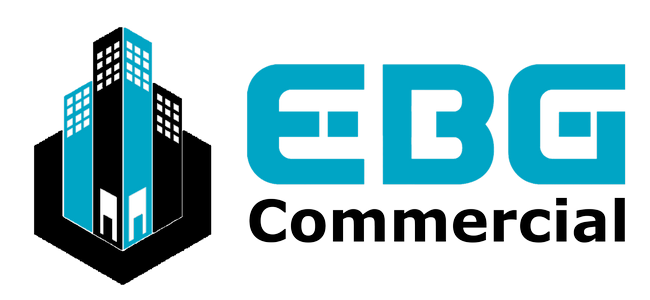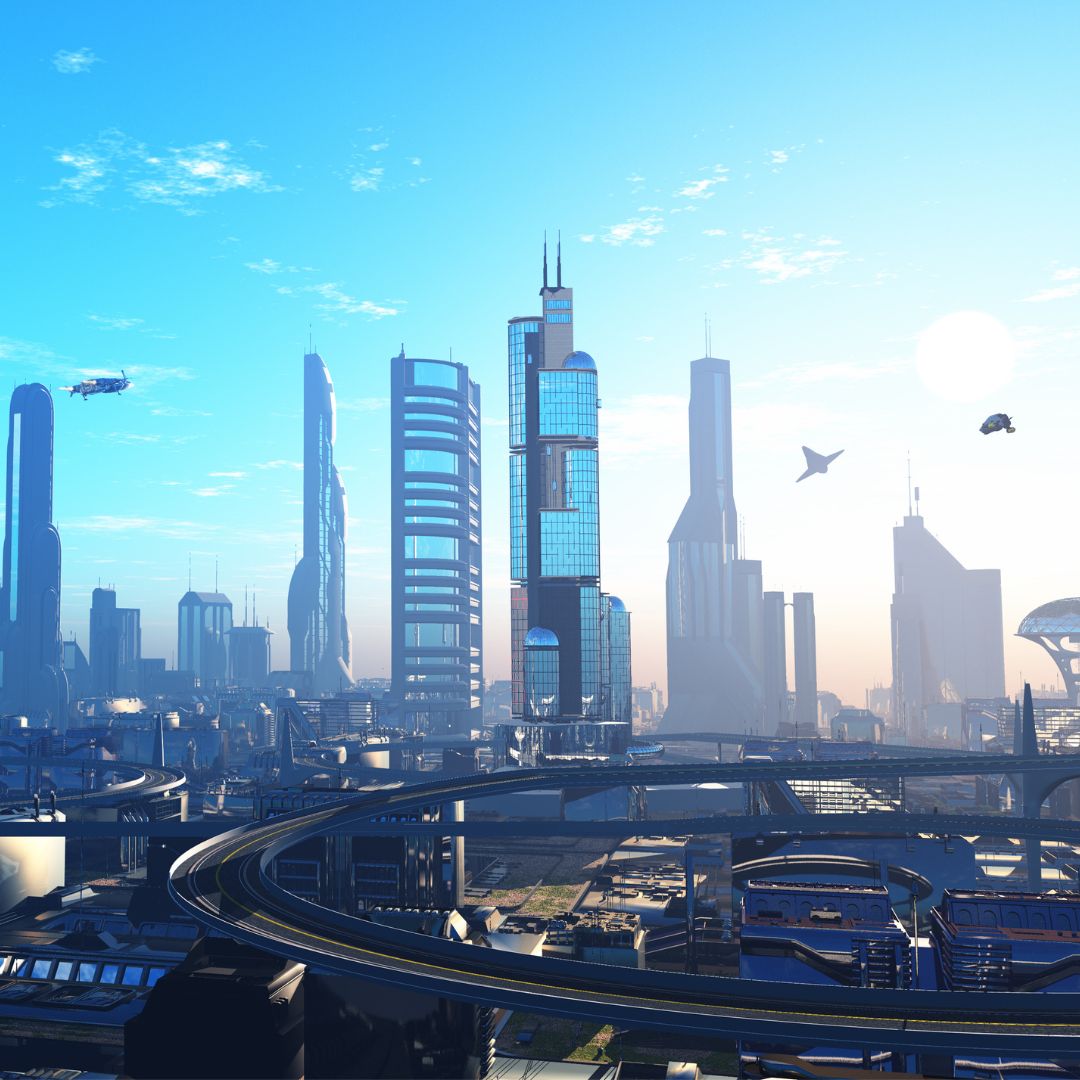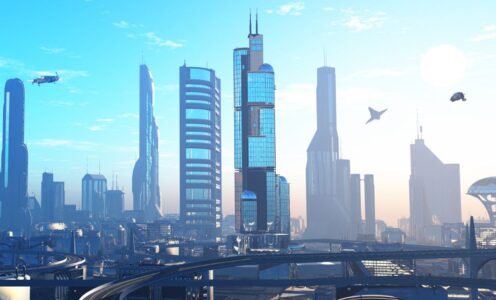The Future of Retail Spaces in the DFW Metroplex
The retail landscape is ever-changing, but few regions in the U.S. are experiencing as much dynamism as the Dallas-Fort Worth (DFW) Metroplex. As one of the fastest-growing metro areas in the country, DFW has become a hub for retail innovation, blending traditional shopping experiences with modern trends like e-commerce integration, experiential retail, and mixed-use developments. But what does the future hold for retail spaces in this booming area? Let’s explore the trends, challenges, and opportunities shaping the future of retail in the DFW Metroplex.
The Shift from Traditional Retail to Mixed-Use Developments
In recent years, the DFW retail market has seen a significant shift away from standalone stores or shopping centers toward mixed-use developments. These spaces combine retail, office, and residential components, creating walkable environments that cater to a growing demand for convenience and community engagement. Mixed-use developments not only provide a seamless blend of work, living, and shopping experiences but also cater to the evolving needs of modern consumers who seek convenience, entertainment, and leisure all in one place.
Case in Point: The Rise of Legacy West and CityLine
Legacy West in Plano and CityLine in Richardson exemplify this trend. These sprawling developments combine high-end retail stores, restaurants, office spaces, and residential units, creating vibrant, self-sustained communities where people can live, work, and play without needing to venture far. These hubs are especially attractive to millennials and Gen Z professionals, who prioritize work-life balance and community engagement over traditional retail experiences.
This shift toward mixed-use developments signals a key trend for the future: retail will no longer be an isolated entity but part of a larger ecosystem that integrates seamlessly with residential and office spaces.
E-Commerce’s Impact on Brick-and-Mortar Stores
E-commerce has undeniably transformed the retail industry, and the DFW Metroplex is no exception. With giants like Amazon and Walmart continually pushing the boundaries of online shopping, traditional brick-and-mortar stores have had to adapt. However, contrary to predictions of a “retail apocalypse,” physical stores are far from obsolete. Instead, the future of retail spaces lies in a phygital (physical + digital) approach, where the two realms merge to create a cohesive shopping experience.
The Role of Omni-Channel Retailing
Retailers in DFW are increasingly adopting omni-channel strategies, offering consumers a seamless shopping experience across multiple platforms. This approach allows customers to browse products online and then pick them up in-store, or vice versa. Retailers like Target and Best Buy have perfected this model, blending the convenience of e-commerce with the immediacy and tactile benefits of in-store shopping.
Looking ahead, more retail spaces in the DFW Metroplex are likely to evolve into hybrid spaces that accommodate both online and offline shoppers. We may see smaller physical stores functioning more as showrooms or experience centers where customers can interact with products before making online purchases. Additionally, with innovations like same-day delivery, retailers can offer consumers the speed and convenience they’ve come to expect from online shopping.
The Growth of Experiential Retail
In an era where consumers can buy nearly anything online, the future of retail spaces in the DFW Metroplex is shifting toward experiential retail—a concept that focuses on offering unique, memorable experiences rather than just products. Experiential retail blends shopping with entertainment, creating spaces where consumers are not just purchasing goods but also enjoying social and interactive experiences.
NorthPark Center: A Pioneer in Experiential Retail
NorthPark Center in Dallas is a prime example of experiential retail in action. The upscale mall incorporates a blend of high-end retailers, art installations, and cultural experiences, providing an environment that is as much about the experience as it is about shopping. By integrating art, fashion, and entertainment, NorthPark has successfully positioned itself as a destination for consumers looking to spend time, not just money.
In the future, more retail spaces in DFW will follow suit, focusing on creating environments that draw people in for the experience rather than simply offering goods. Expect to see more retailers collaborating with artists, musicians, and entertainment companies to transform their stores into immersive, engaging spaces.
The Rise of Sustainable and Eco-Friendly Retail Spaces
Sustainability has become a major factor in shaping the future of retail, especially as consumers become more eco-conscious. Retailers in the DFW Metroplex are responding to this demand by incorporating sustainable practices into their operations, from building eco-friendly spaces to offering sustainable products.
Sustainable Building Practices
The rise of eco-friendly construction is one of the most prominent trends in the future of retail spaces. Developers are focusing on creating retail environments that minimize environmental impact by using sustainable materials, energy-efficient lighting, and eco-friendly waste management systems. Green certification programs like LEED (Leadership in Energy and Environmental Design) are becoming standard for new retail developments in the DFW Metroplex.
Retailers themselves are also getting in on the action by implementing green practices within their stores. Brands like Patagonia and Whole Foods Market, for example, have long championed sustainability by offering eco-friendly products and committing to zero-waste initiatives. Expect this trend to grow as consumers increasingly prioritize sustainability in their shopping choices.
The Role of Technology in Shaping Retail Spaces
Technology is playing an increasingly critical role in shaping the future of retail, and the DFW Metroplex is at the forefront of adopting innovative solutions. From artificial intelligence (AI) to augmented reality (AR) and the Internet of Things (IoT), technology is revolutionizing how retailers engage with consumers.
Smart Retail Spaces
Retailers in the DFW area are beginning to explore the potential of smart retail spaces, which use IoT devices and AI to enhance the shopping experience. These spaces may feature smart shelves that detect inventory levels, allowing for real-time updates, or facial recognition systems that offer personalized recommendations based on a customer’s shopping history. Additionally, retailers are experimenting with AR and virtual reality (VR) to offer virtual fitting rooms and immersive product demonstrations.
As these technologies become more advanced and accessible, the retail spaces of the future will become more interactive, personalized, and efficient, offering consumers an entirely new way to shop.
Challenges Ahead for Retail Spaces in the DFW Metroplex
While the future of retail spaces in the DFW Metroplex looks promising, there are challenges ahead. One of the most significant challenges is the need for adaptability. Retail spaces must be flexible enough to respond to rapid changes in consumer behavior, technological advancements, and economic shifts. The COVID-19 pandemic, for example, highlighted the importance of adaptability, as retailers had to quickly shift to online models and adjust in-store layouts to ensure social distancing.
Additionally, with the rise of e-commerce, traditional retailers will need to continually innovate to remain relevant. The demand for instant gratification has set a new standard, and retailers must find ways to provide fast, convenient service while maintaining the personal touch that brick-and-mortar stores offer.
Conclusion
The future of retail spaces in the DFW Metroplex is filled with exciting possibilities. From mixed-use developments and experiential retail to sustainable practices and cutting-edge technology, the retail landscape in DFW is evolving to meet the demands of modern consumers. Retail spaces will no longer be just places to shop—they will become dynamic environments where people live, work, play, and engage with brands on a deeper level. As long as retailers and developers continue to innovate and adapt, the DFW Metroplex will remain a retail powerhouse for years to come.


